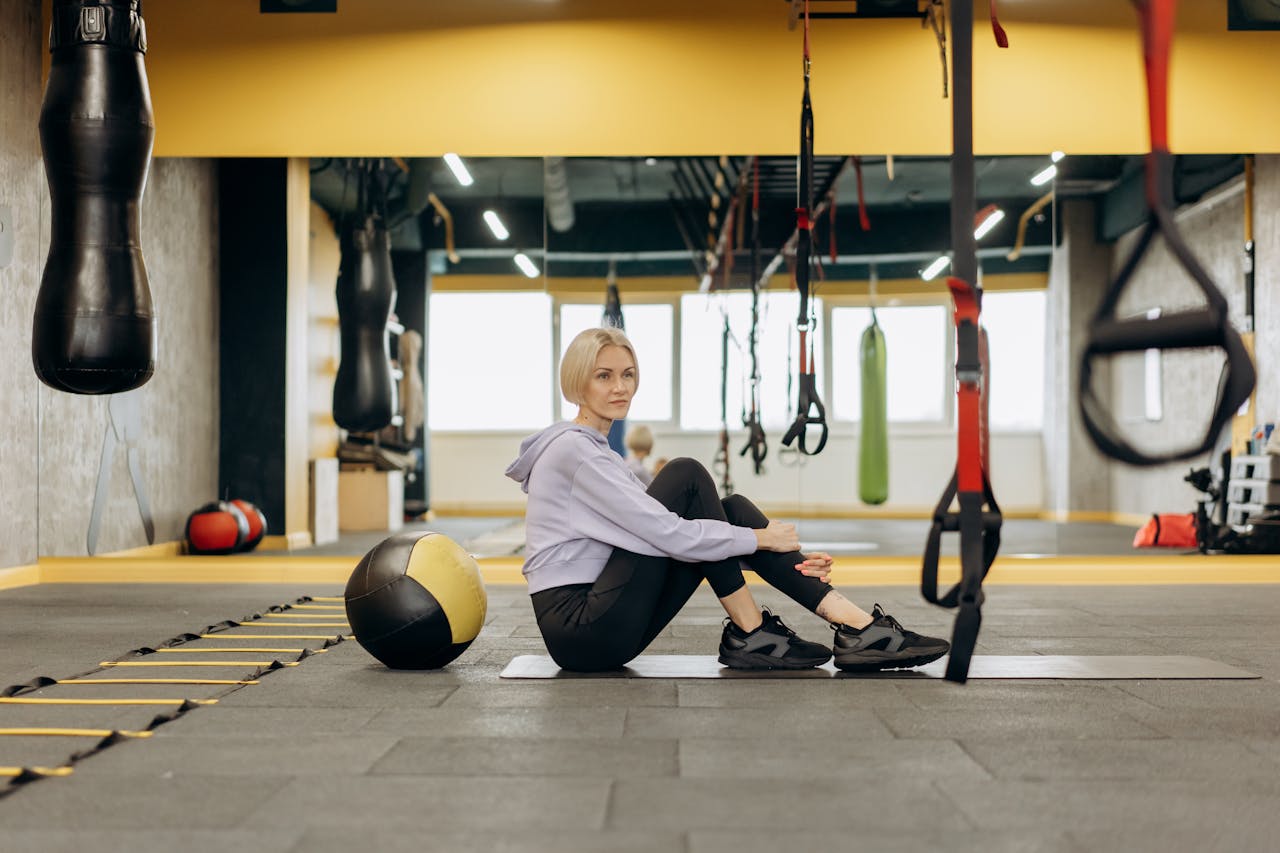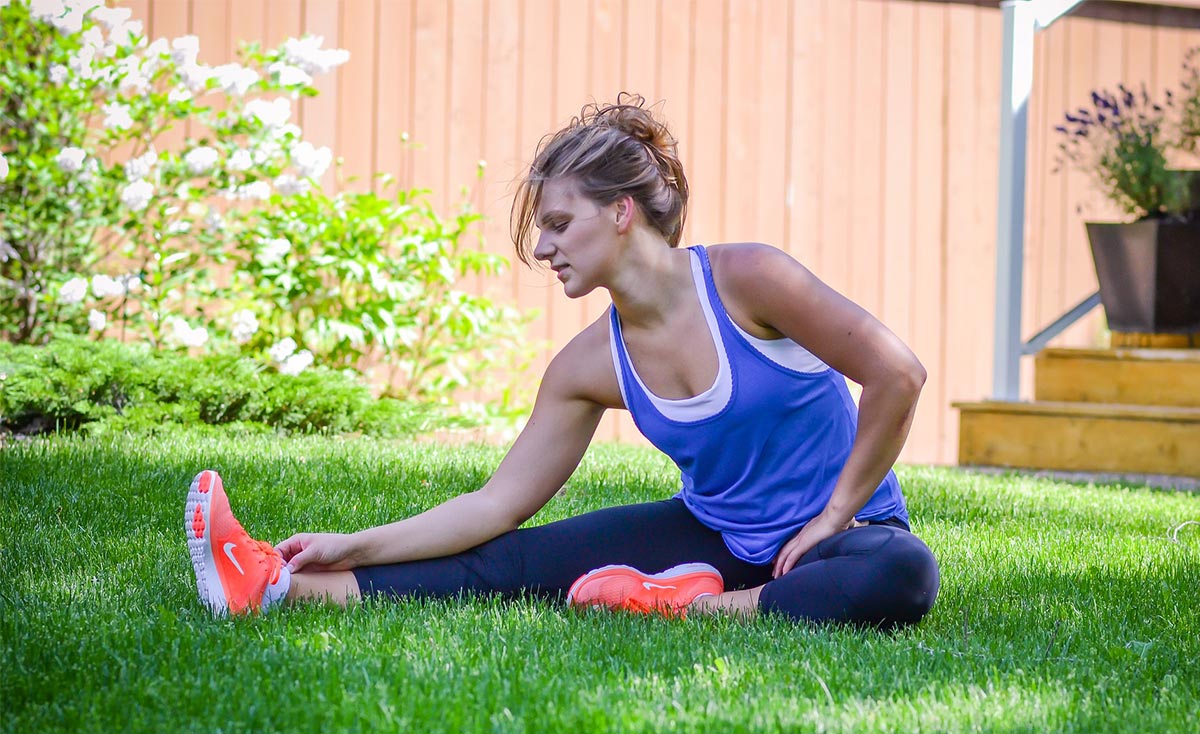With a healthy body comes a healthy mind, and in today’s fast-paced and chaotic world, exercise is the bridge to maintaining balance, sanity, and overall well-being. Even if you’re juggling a demanding job, family commitments, and a bustling social life, integrating fitness into your daily routine is not only possible but essential. Once you make exercise a non-negotiable part of your life, you’ll discover reservoirs of energy, resilience, and positivity you never thought possible.
The Ancient Connection Between Body and Mind
Physical fitness has long been intertwined with intellectual and spiritual development. In ancient Greece, gymnasiums were hubs for not only athletic pursuits but also education and philosophy. Strengthening the body was seen as a vital complement to nurturing the mind. Similarly, in ancient India, the yogic traditions incorporated physical postures, or asanas, as a means to prepare the body for spiritual practice. The philosophy was simple: a strong, healthy body is the foundation for a clear, focused mind.
Fast forward to today, and we face a different set of challenges. Obesity, chronic illnesses, and mental health issues like anxiety and depression are pervasive. The connection between physical and mental health is undeniable, and the consequences of neglecting one often manifest in the other. However, the good news is that this cycle can be reversed. By prioritizing fitness, you can transform not only your body but also your outlook on life.
Breaking Through Barriers
Many people struggle with making fitness a habit due to a host of perceived barriers: lack of time, motivation, or knowledge. Yet, the truth is that exercise doesn’t have to be a monumental time commitment or involve complicated routines. Small, consistent efforts can lead to significant results over time. Begin with what you can manage—whether it’s a 20-minute walk, a short yoga session, or simple bodyweight exercises at home. The key is consistency.
One of the most significant misconceptions about fitness is that it requires drastic changes or sacrifices. In reality, it’s about weaving exercise seamlessly into your lifestyle. If mornings are busy, try an evening workout. If the gym feels intimidating, find a fun activity like dancing, swimming, or hiking that keeps you moving and engaged. Fitness is personal, and finding what works for you is crucial to building a lasting habit.
The Ripple Effect of Fitness
Have you ever noticed how fit and healthy individuals often radiate positivity and vitality? This isn’t just a coincidence. Regular exercise releases endorphins, which improve mood, reduce stress, and boost overall mental health. Moreover, physical activity enhances cardiovascular health, strengthens muscles, and improves flexibility, leading to a body that feels good to live in.
Beyond the physical and mental benefits, exercise has a profound impact on your social and professional life. A fit individual often exudes confidence, which can positively influence personal relationships and career opportunities. The discipline and commitment required for regular workouts often translate to other areas of life, fostering better time management and resilience in the face of challenges.
Creating a Sustainable Routine
To make fitness a habit, start small and build gradually. Set realistic, measurable goals that align with your lifestyle and aspirations. Instead of aiming to run a marathon within a month, focus on running a mile without stopping. Celebrate these small victories, as they pave the way for larger achievements.
Incorporating variety is another crucial factor. Mixing different types of workouts—such as strength training, cardio, and flexibility exercises—keeps things exciting and prevents plateaus. Group classes or fitness challenges can add a social element, making workouts feel less like a chore and more like a shared experience.
Another key to success is accountability. Share your goals with a friend, join a fitness group, or work with a trainer. Knowing that someone else is invested in your progress can provide the extra push needed on days when motivation wanes. Additionally, tracking your progress, whether through a fitness app or a simple journal, helps you stay focused and aware of your achievements.
Embracing the Journey
Fitness is not about quick fixes or temporary diets; it’s a lifelong commitment to health and well-being. The journey will have its ups and downs, but every step you take brings you closer to a stronger, healthier version of yourself. Remember, the goal isn’t perfection—it’s progress. Each workout, no matter how small, is a step in the right direction.
As you embark on this journey, remind yourself of the bigger picture. Fitness isn’t just about looking good; it’s about feeling good, living longer, and enjoying a higher quality of life. The ancient Greeks and yogis understood this holistic connection, and it’s a principle that remains just as relevant today.
Incorporating fitness into your daily routine is one of the most transformative decisions you can make. By committing to regular exercise, you’ll not only improve your physical health but also enhance your mental well-being and overall quality of life. So, start today—take a walk, try a yoga class, or simply stretch. Small steps lead to big changes, and with persistence, fitness can become an integral, enjoyable part of your life.
References: Historical insights on fitness and its mental benefits; modern research on the link between exercise and well-being.













